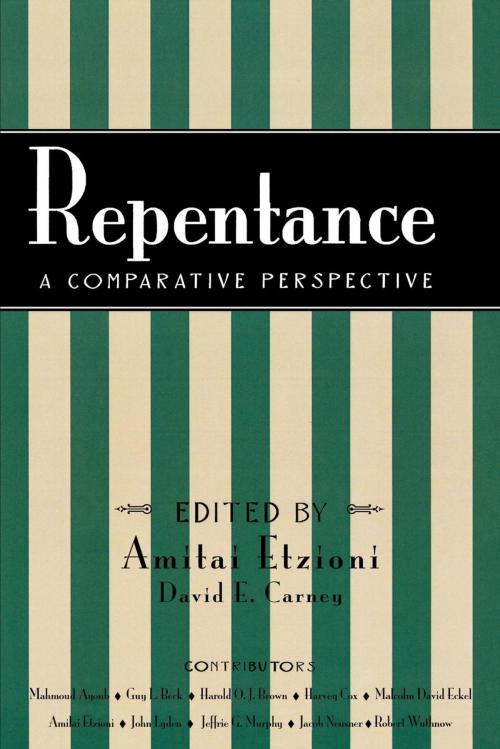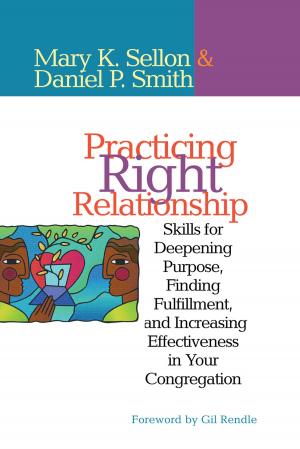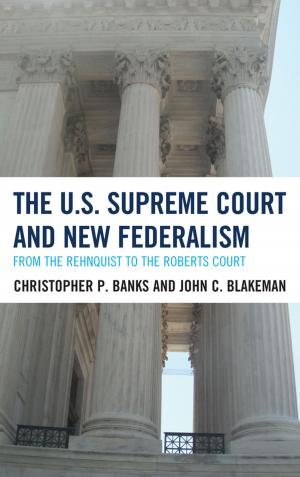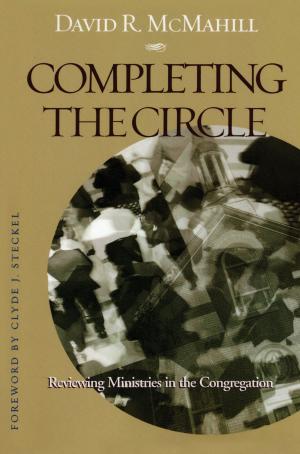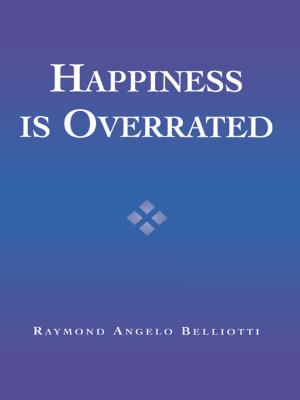| Author: | Amitai Etzioni | ISBN: | 9780585080741 |
| Publisher: | Rowman & Littlefield Publishers | Publication: | January 1, 2000 |
| Imprint: | Rowman & Littlefield Publishers | Language: | English |
| Author: | Amitai Etzioni |
| ISBN: | 9780585080741 |
| Publisher: | Rowman & Littlefield Publishers |
| Publication: | January 1, 2000 |
| Imprint: | Rowman & Littlefield Publishers |
| Language: | English |
There is no consensus about what someone who has violated society's rules must do in order to be fully restored to the community. Although repentance is a prominent idea in religions ranging from Judaism, Christianity, and Islam to Buddhism and Hinduism, its use in civic culture is vague and inconsistent. For example, is remorse the same as repentance? Drawing from a variety of religious and civic perspectives, the renowned contributors to this book_from the fields of theology, philosophy, and the social sciences_offer a broad understanding of repentance and its many applications. The essays question the legitimacy of repentance as a religious concept for the civic culture, exploring the way in which the religious origins of repentance might both illuminate and facilitate our civic usage of the idea. Excellent for theologians, philosophers, moral ethicists, and anyone asking, ' Who deserves a second chance?'
There is no consensus about what someone who has violated society's rules must do in order to be fully restored to the community. Although repentance is a prominent idea in religions ranging from Judaism, Christianity, and Islam to Buddhism and Hinduism, its use in civic culture is vague and inconsistent. For example, is remorse the same as repentance? Drawing from a variety of religious and civic perspectives, the renowned contributors to this book_from the fields of theology, philosophy, and the social sciences_offer a broad understanding of repentance and its many applications. The essays question the legitimacy of repentance as a religious concept for the civic culture, exploring the way in which the religious origins of repentance might both illuminate and facilitate our civic usage of the idea. Excellent for theologians, philosophers, moral ethicists, and anyone asking, ' Who deserves a second chance?'
